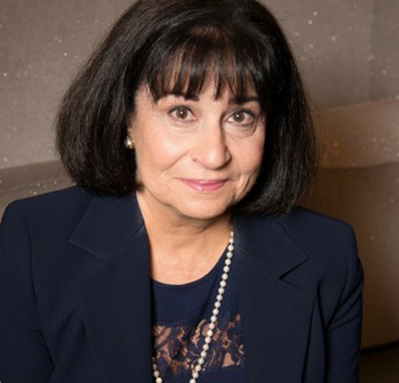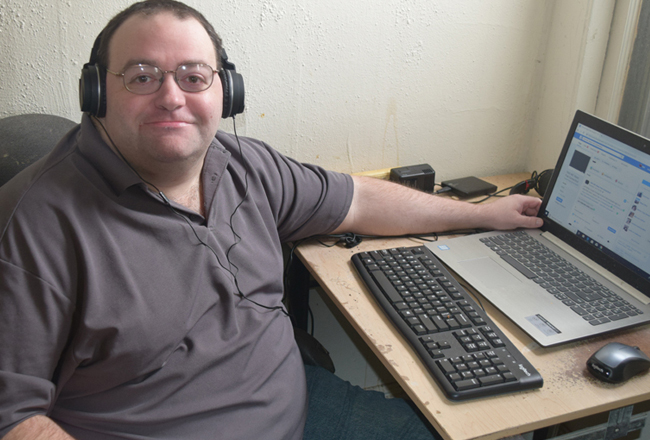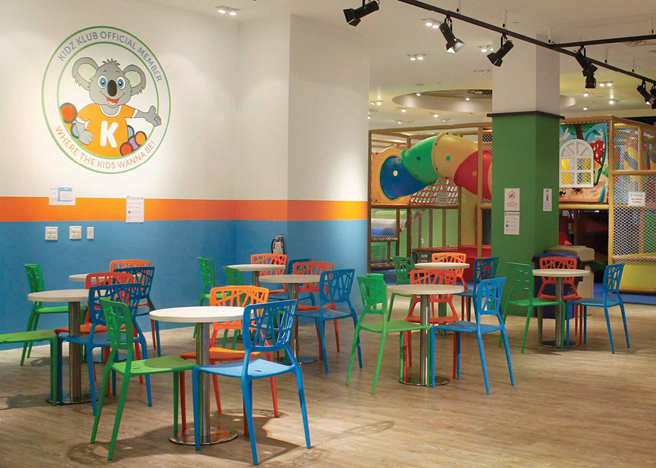As business owners and leaders of organizations, we have a role to play in providing a more supportive community for those living with Alzheimer”™s disease and dementia and their caregivers.
 Dementia is one of the greatest challenges we face in society today: 5.7 million Americans are living with Alzheimer”™s disease, which is the most common cause of dementia (a set of symptoms that can include memory loss, difficulty thinking, problem solving.). That”™s projected to rise to 14 million by 2050, according to the Alzheimer”™s Association. One in 10 people age 65 and older has Alzheimer”™s or dementia. Every 65 seconds, someone in the U.S. develops the disease. And 16.1 million Americans provide unpaid caregiving for people with Alzheimer”™s.
Dementia is one of the greatest challenges we face in society today: 5.7 million Americans are living with Alzheimer”™s disease, which is the most common cause of dementia (a set of symptoms that can include memory loss, difficulty thinking, problem solving.). That”™s projected to rise to 14 million by 2050, according to the Alzheimer”™s Association. One in 10 people age 65 and older has Alzheimer”™s or dementia. Every 65 seconds, someone in the U.S. develops the disease. And 16.1 million Americans provide unpaid caregiving for people with Alzheimer”™s.
What does it mean for business? With this rise, it”™s likely that dementia already affects some of your employees, customers or clients personally or professionally. With some 70 percent of those with Alzheimer”™s and dementia living in the community (as opposed to dementia care facilities), there”™s a good chance people with early signs of the disease and their caregivers will frequent local businesses ”” our financial institutions, shops, pharmacies, social service agencies, hospitals and medical offices. But they face challenges, and stigmas, because of the disease that make it difficult to remain engaged in community life.
Becoming more dementia aware just may provide a competitive advantage for your business. A study in the U.K. showed 83 percent of people with dementia and their caregivers patronized businesses that are more “dementia friendly.” With the rise in Alzheimer”™s, there”™s an economic case for us as business owners to do more.
Becoming more dementia aware may also create more positive outcomes the next time a customer walks out of your business without paying or a patient leaves your office without their prescription or care instructions, or a client shows up at your office on the wrong day and time.
While there”™s no cure in sight, there”™s much we can do to help our businesses and employees to become more accessible to those living with Alzheimer”™s or dementia.
KNOW THE SIGNS
An easy place to start is to understand the early signs of Alzheimer”™s and related dementias. Symptoms include memory loss, difficulty thinking, problem solving or new problems with recalling words, difficulty in completing familiar tasks and confusion with time or place (the Alzheimer”™s Association has a succinct list of all 10 signs on its website).
Dementia is progressive, which means that many people can continue to drive, work, shop and go about their daily lives until the symptoms worsen. They may otherwise seem healthy and appear “normal.” But a person with dementia might forget their address, become confused about where they are or exhibit sudden aggressive behavior. A general awareness among the business community would go a long way toward providing a more accessible and supportive community.
LEARN BASIC COMMUNICATION SKILLS
Dementia can make it hard to communicate, which is frustrating for everyone. When communicating with someone who has dementia, get the person”™s full attention before you start speaking. Body language is critical: be open and relaxed, look people in the eye, avoid open-ended questions, speak slowly, clearly and directly (avoid idioms) and in short, simple sentences. Rephrase your question in a different way instead of repeating.
These simple steps would go a long way toward being a more inclusive community. The movement toward becoming more supportive of those with dementia and their caregivers is gaining traction. Launched in 2015, Dementia Friendly America is helping communities across the nation find ways to help those with the disease remain engaged with their business and civic organizations.
At United Hebrew of New Rochelle, we are on the front lines of dementia care and play a key support role for people with dementia and their families. In caring for individuals with more advanced forms of dementia, we help people continue to live meaningful lives with dignity and moments of joy. We do that by training each and every staff member ”” from housekeeping and maintenance, to nurses, recreation staff and dietary workers ”” on how to confidently interact with those with Alzheimer”™s and dementia. Because our staff has specialized training, they”™re able to minimize the frustrations associated with the disease and improve our residents”™ quality of life.
By taking steps now to become more dementia aware, we will meet a growing need from our customers, clients and staff. We just might improve our bottom line along the way.
Rita Mabli is president and CEO of United Hebrew of New Rochelle, home of Willow Gardens Memory Care, Westchester”™s first nonprofit assisted living community dedicated to Alzheimer”™s and dementia care. She can be reached at 914-632-2804.





















